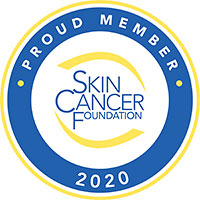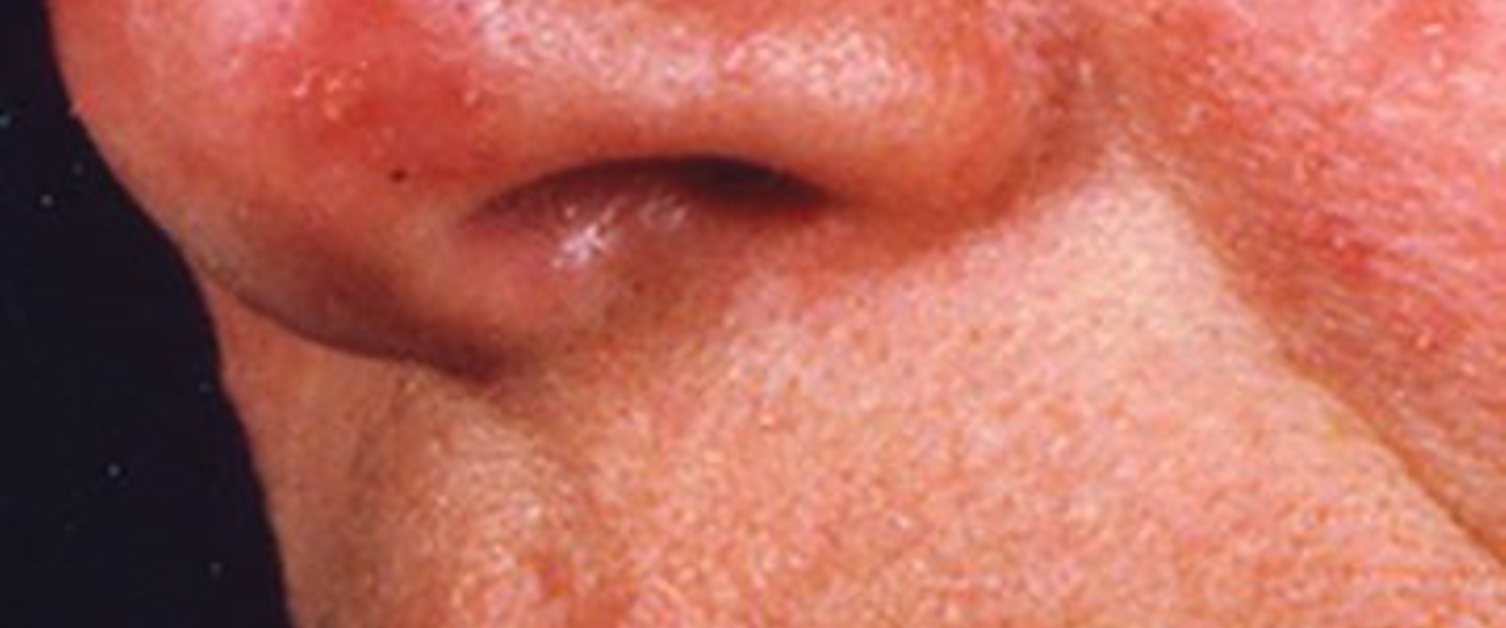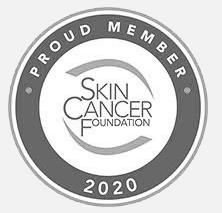Blog
Treatment for Rosacea - Dermatology Associates
- Apr 6, 2018
April has been selected as Rosacea Awareness Month by the National Rosacea Society (NRS) to help with public awareness of the signs associated with this common skin condition. Rosacea is now estimated to affect more than 14 million people. Rosacea (pronounced "roh-ZAY-sha") is a common skin disorder that may begin with a tendency to become aflush or have a persistent ruddy appearance. This redness could worsen if untreated. The redness most commonly involves the nose, cheeks, forehead, and chin. Rosacea can also cause more than a red face. Other signs and symptoms of rosacea are: acne-like pimples, small visible blood vessels, a bumpy texture, or thickening of the skin. Sometimes prominent swelling of the face can occur. Your skin may be very sensitive, sting, and burn. Patients can also have rosacea involving the eyes (called ocular rosacea) which can cause the eyes to feel irritated, creating swelling of the eyelids and sensitivity to light. If you suspect ocular rosacea, you should schedule an appointment with your ophthalmologist for appropriate treatment.
Who gets Rosacea?
Rosacea is more commonly diagnosed in fair-skinned individuals between the ages of 30 and 50. Women are slightly more likely to be affected than men. However, men are more likely to experience a more advanced condition associated with thickening of the skin, especially on the nose.
What Triggers Rosacea?
There are several things that may cause rosacea to worsen or flare. Triggers that may affect one person may not affect someone else. Common triggers include heavy exercise, sun exposure, certain foods (especially spicy foods), beverages (including alcohol), emotional stress, and hot or cold temperatures. If you are affected by rosacea, you should learn what triggers your flare-ups and try to avoid these triggers.
What Can Be Done to Treat Rosacea?
While there is no cure for rosacea, many treatments exist to help successfully control the condition. These treatments may help prevent or reduce rosacea effects and help ease discomfort. Daily sunscreen use is recommended as sunlight may cause flare-ups. It is recommended that your sunscreen choice be broad-spectrum, protecting against both UVA and UVB sunrays, and have a sun protective factor (SPF) of 30 or higher.
There are various topical creams that can be prescribed by your physician to control the symptoms. If you are prescribed a topical medication, apply it under your sunscreen. Sometimes oral medicines are needed to help control the condition and manage flares, especially when acne-like pimples are present. The use of lasers or IPL (intense pulse light) therapy can be used to improve the redness associated with rosacea.
How should you care for your skin affected by Rosacea?
Skincare is an important step in treating your rosacea. Use a mild cleanser for washing your face. Many skincare products can be harsh and can even aggravate rosacea. Over-washing or scrubbing your face should be avoided, as this may cause a flare-up. Some cosmetics and hair sprays can worsen the redness and should be avoided if this occurs. Make sure your skin care products are free of any alcohol, as this can lead to irritation. In Dermatology Associates' Cosmetic Centers, we carry Avene Antirougeurs skincare which is formulated specifically for redness associated with rosacea.
For more information contact Dermatology Associates.
Latest News
Dermatology Associates welcomes Dr. Paige Winter
Dermatology Associates is pleased to announce that Dr. Paige Winter joined our practice August 1, 2024.
Meet Paige Winter, M.D.
Dermatology Associates welcomes Dr. Lauren Tisdale
Dermatology Associates is pleased to announce that Dr. Lauren Tisdale joined our practice in October, 2024.
Meet Lauren Tisdale, M.D.
More News
Read our Fall Newsletter!
We encourage you to read and download the Fall 2024 Newsletter from Dermatology Associates of the Tricities and learn about our ongoing efforts to enhance Patient care.
View Our Fall Newsletter
Staff Picks
Amy Burton, LE
Kingsport, TN Cosmetic Center
Amy's Staff Pick is SkinCeuticals Phloretin CF because "it helps with the texture and tone of her skin while protecting it."
View Amy's Pick
Articles

Mohs Surgeon, Dr. Erin Reid featured in Tri-Cities Medical News

Health and Wellness Magazine
View all Health and Wellness Articles

Dermatology Associates advances the science of skin cancer research by donating funds to the Skin Cancer Foundation . We want our patients to know that we understand the burden of skin cancer and want to offer both excellent treatment now and look forward to scientific advances in the future.








